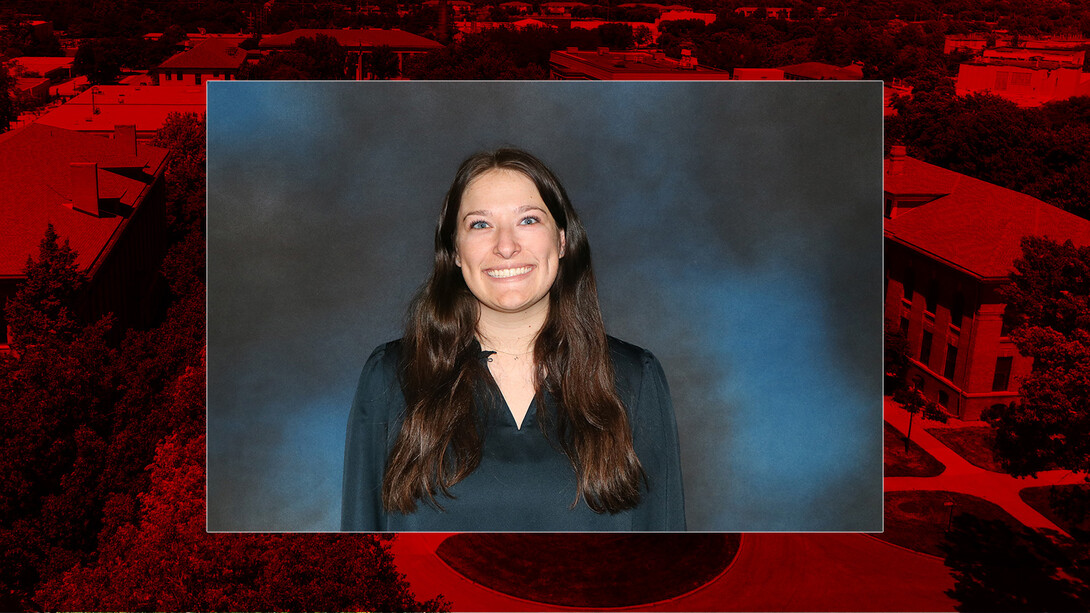
Lincoln, Neb. — University of Nebraska-Lincoln master’s student Miranda Mueller is researching the effectiveness of herbicides on cheatgrass, an invasive annual grass.
Mueller is from Yutan and received two undergraduate degrees in animal science and grazing livestock systems at UNL. She is currently working on completing her master’s degree in range and forage science at the UNL Department of Agronomy and Horticulture. After graduation, Mueller hopes to find a career in Nebraska where she can work on maintaining or conserving native rangelands, which will positively impact profitability and sustainability in the beef industry.
FFA and 4-H inspired Mueller to pursue a career in animal science. While attending UNL, Mueller learned about the importance of the beef industry in Nebraska and how important forage systems were to cattle production, especially in the Sandhills.
“Since the Sandhills are so important to Nebraska, and forage is one of the most important parts of ranching in those systems, it led me to want to learn more about how to preserve and maintain those rangelands as well as maximize the use of those for beef production in Nebraska,” Mueller said.
Research and importance in the beef industry
Cheatgrass is an annual invasive species found across the United States. In general, encroachment by invasive species significantly decreases biodiversity and biomass production. They can also decrease soil health and increase wildfire risk. This combination reduces the production quantity and quality of the forage. Poor rangeland health can result in profit loss and diminish the sustainability of the ranch.
Mueller’s research looks at different herbicide options to determine their effectiveness at removing cheatgrass from the plot and how their use impacts biomass production and plant communities. Additionally, she is also looking at how plots invaded by cheatgrass compare to intact native plots regarding soil health and greenhouse gas emissions.
Mueller hopes to research if cattle prefer to graze herbicide-treated plots or if they avoid these areas in the future.
“I think it’s important to research solutions to manage invasive species so we can educate producers about what they can do to stop the spread and maintain a large production of biomass in their systems,” Mueller said.
Mueller is excited to be working on finding a solution to this complex problem created by invasive species as well as educating producers about how these findings can help sustain their ranches.
Challenges and opportunities
Mueller identified a worker shortage as a challenge to the beef industry. She believes research and technological advances could be a solution.
Research projects such as Mueller’s are beneficial to ranchers as they reduce financial risk and save the ranchers’ time and resources.
Additionally, technological advances such as virtual fencing and automatic feeders help improve grazing efficiency as well as reduce the amount of labor required to operate the ranch, saving the rancher time, resources and money.
“I think the future of the beef industry is really bright in Nebraska,” said Mueller. “I’ve experienced working on a ranch, and I understand how frustrating it is to maintain hope for the success of the future of the industry with rising prices and fluctuations in the market. Now being on the research side of the industry, I am excited to see where new ideas and technology lead the future of the industry and see how we can maintain success throughout the future.”







